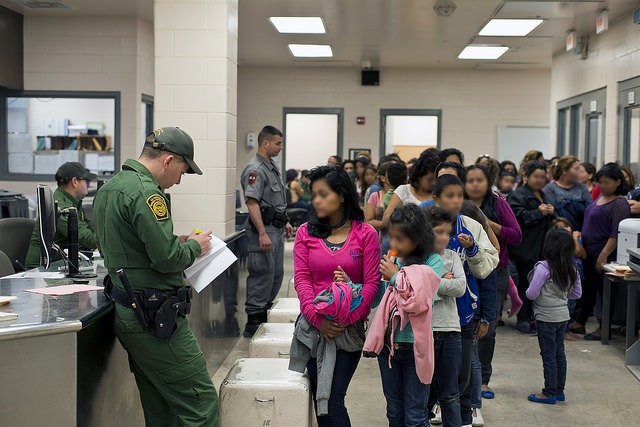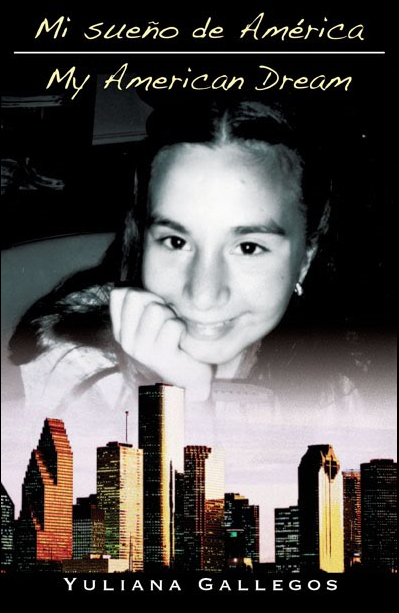TX Judge’s Order Blocks Child-Care License for Detention Centers

*Texas wants to call child immigration jails “child care centers.” That whole idea has been stopped, temporarily. Here’s how it was done. VL
 By Mark Richardson, Public News Service (1.5 minute read)
By Mark Richardson, Public News Service (1.5 minute read)
AUSTIN, Texas – A Texas judge has granted an immigrant rights group, Grassroots Leadership, a temporary restraining order against the Texas Department of Family and Protective Services, blocking its plans to license two controversial, prison-like detention facilities as child-care centers. The group filed the lawsuit claiming that the centers, managed by ICE and operated by for-profit prison corporations, are not an appropriate place to house hundreds of families with children awaiting immigration hearings.
Bob Libal, director of Grassroots Leadership, said his group went to court to stop the state from turning prisons into child-care centers.
“Essentially, what we are saying is that the Legislature has not given authority to the Texas Department of Family and Protective Services to license facilities like this, which are prisons,” he said. “It does not have the authority to license prisons as child-care centers.”
Libal said the temporary order is good until May 13, when the court has set a hearing on an injunction against new state regulations allowing the center to be licensed for child care. The South Texas center, in the town of Dilley, houses up to 2,400 people at a time, while the Karnes County center, a former men’s prison, can hold about 500.
Libal said the ruling put a temporary hold on a child-care license issued by the Department of Family and Protective Services last week to the Karnes center under new regulations. Those rules were written after a federal court ruled that those facilities were not approved for child care. Libal said the suit sought to invalidate new state regulations and permanently block the licensing of both facilities.
Read more NewsTaco stories on Facebook. >>
“This is operated by Immigration and Customs Enforcement, which its mission is to deport people, and the facilities are operated by a for-profit prison corporation, whose expertise is in locking people up,” he said.
Libal said most of the detainees are women and their children from Central America, and added that many of them are housed as long as six to nine months. He said they should be living with family members or in community-based housing while they await a hearing.
This article was originally published in Public News Service.
[Photo by U.S. Customs and Border Pr/Flickr]

 In Mi sueño de América / My American Dream, young Yuliana Gallegos recalls her move from Monterrey, Mexico, to Houston, Texas. Initially excited about moving to Houston, where the huge freeways make her feel like she’s on a roller coaster, her excitement quickly wanes when she starts school.
In Mi sueño de América / My American Dream, young Yuliana Gallegos recalls her move from Monterrey, Mexico, to Houston, Texas. Initially excited about moving to Houston, where the huge freeways make her feel like she’s on a roller coaster, her excitement quickly wanes when she starts school.